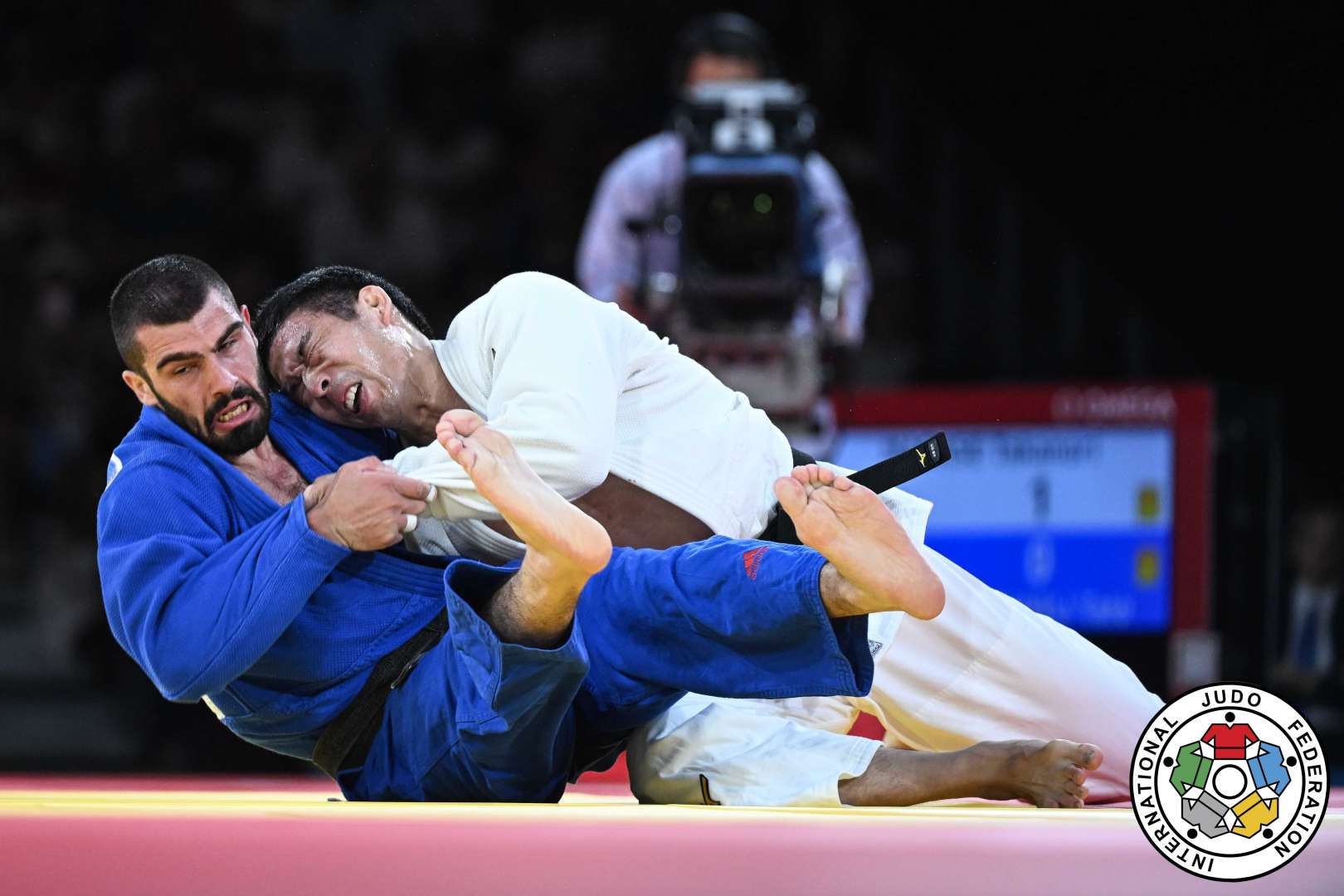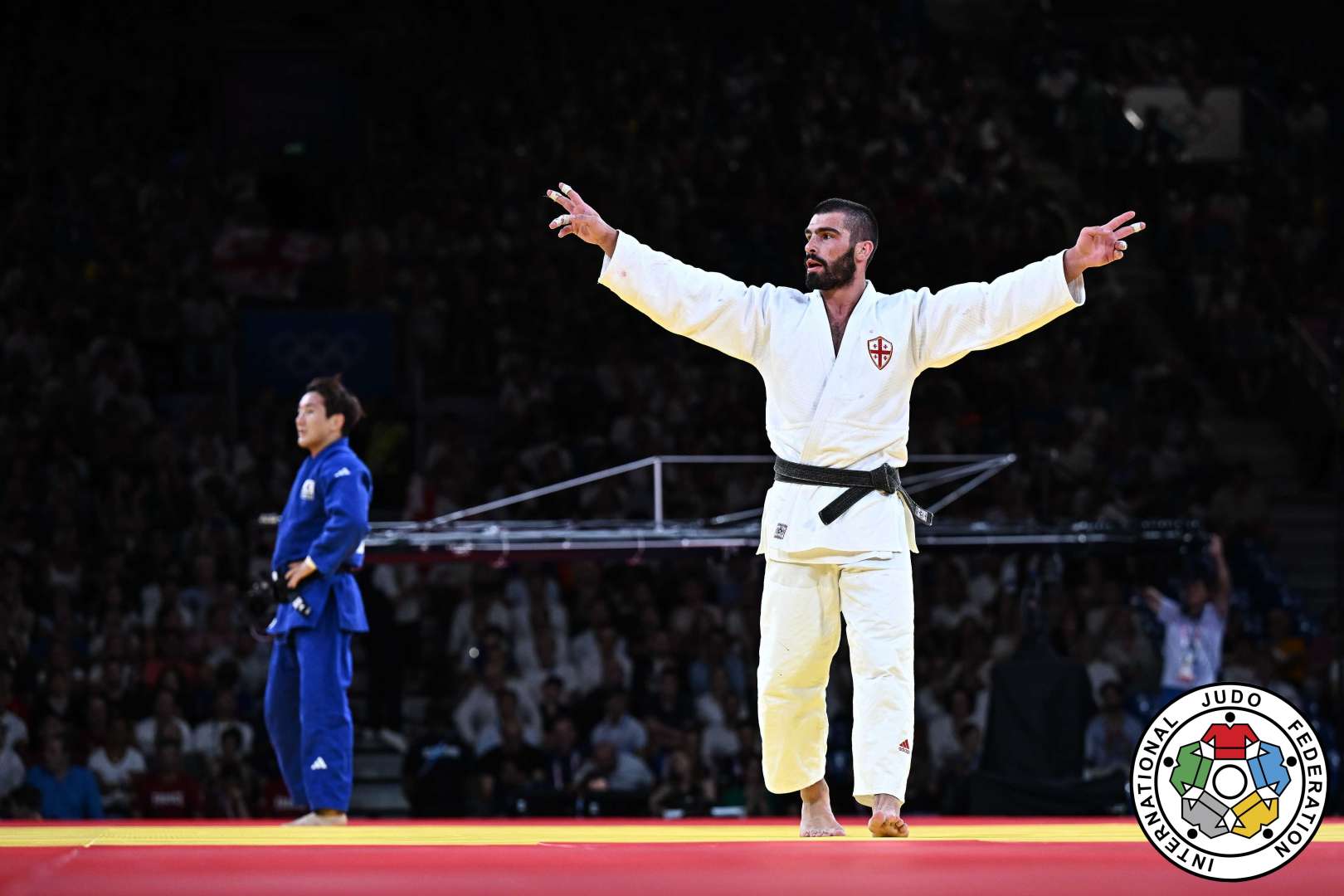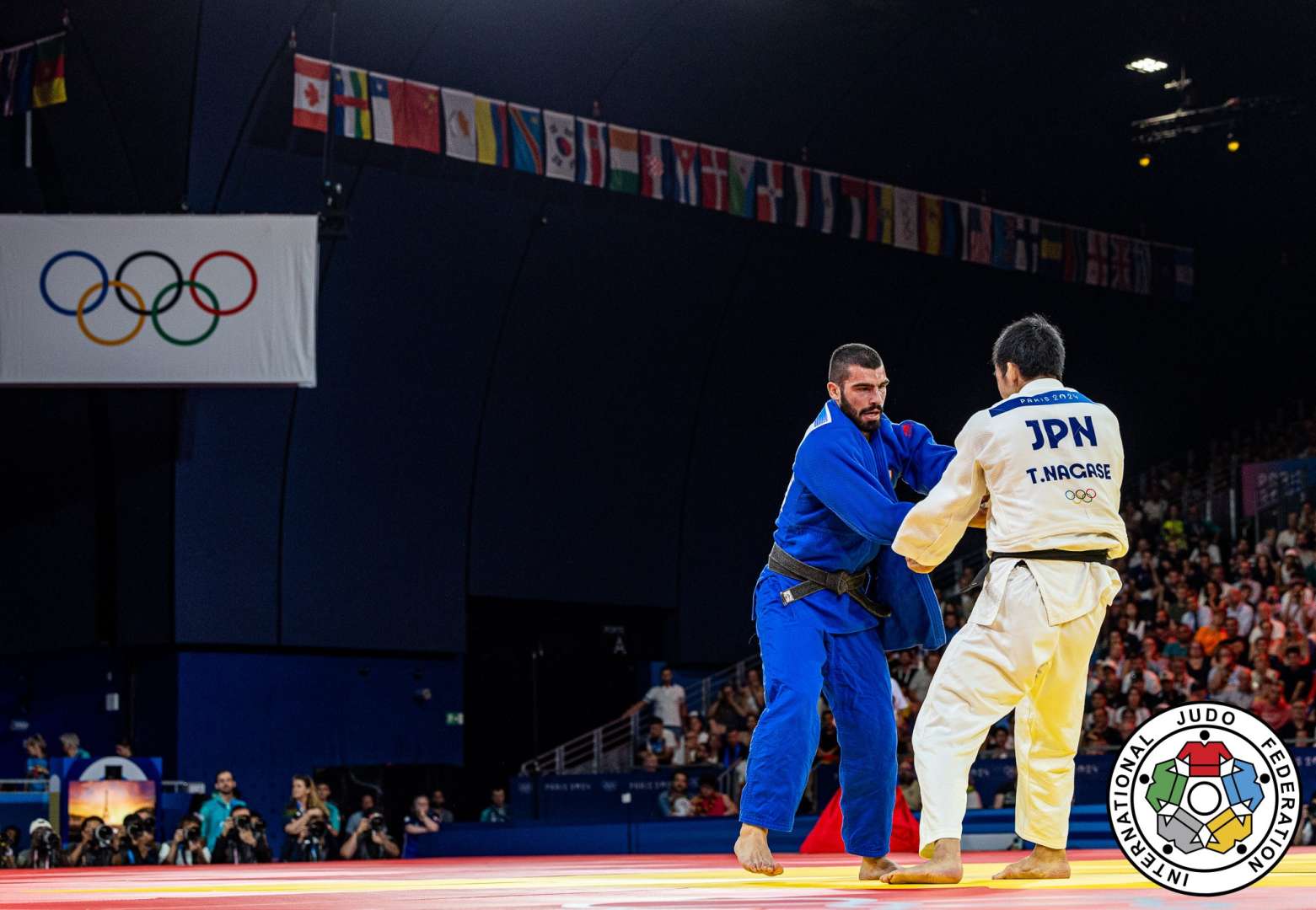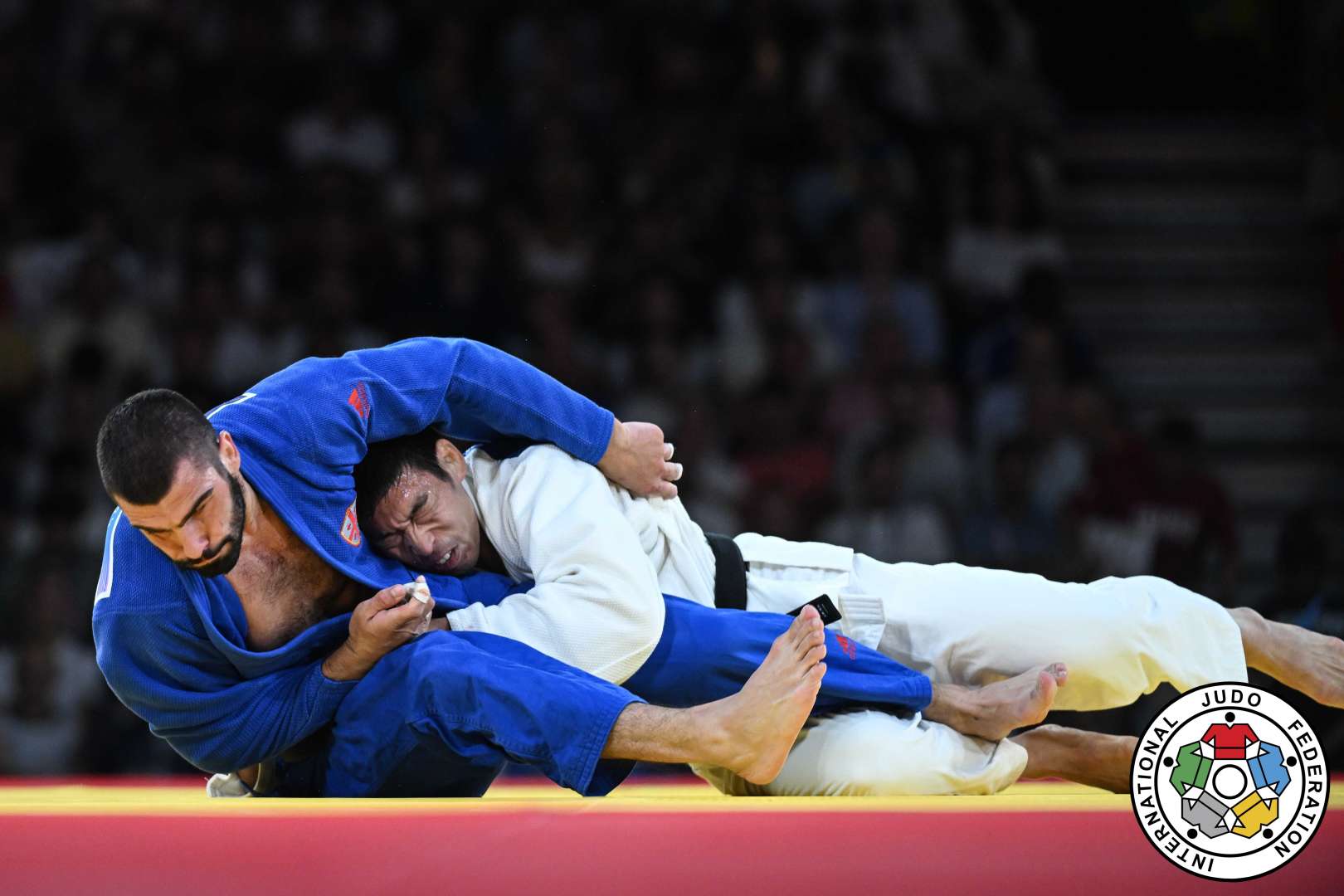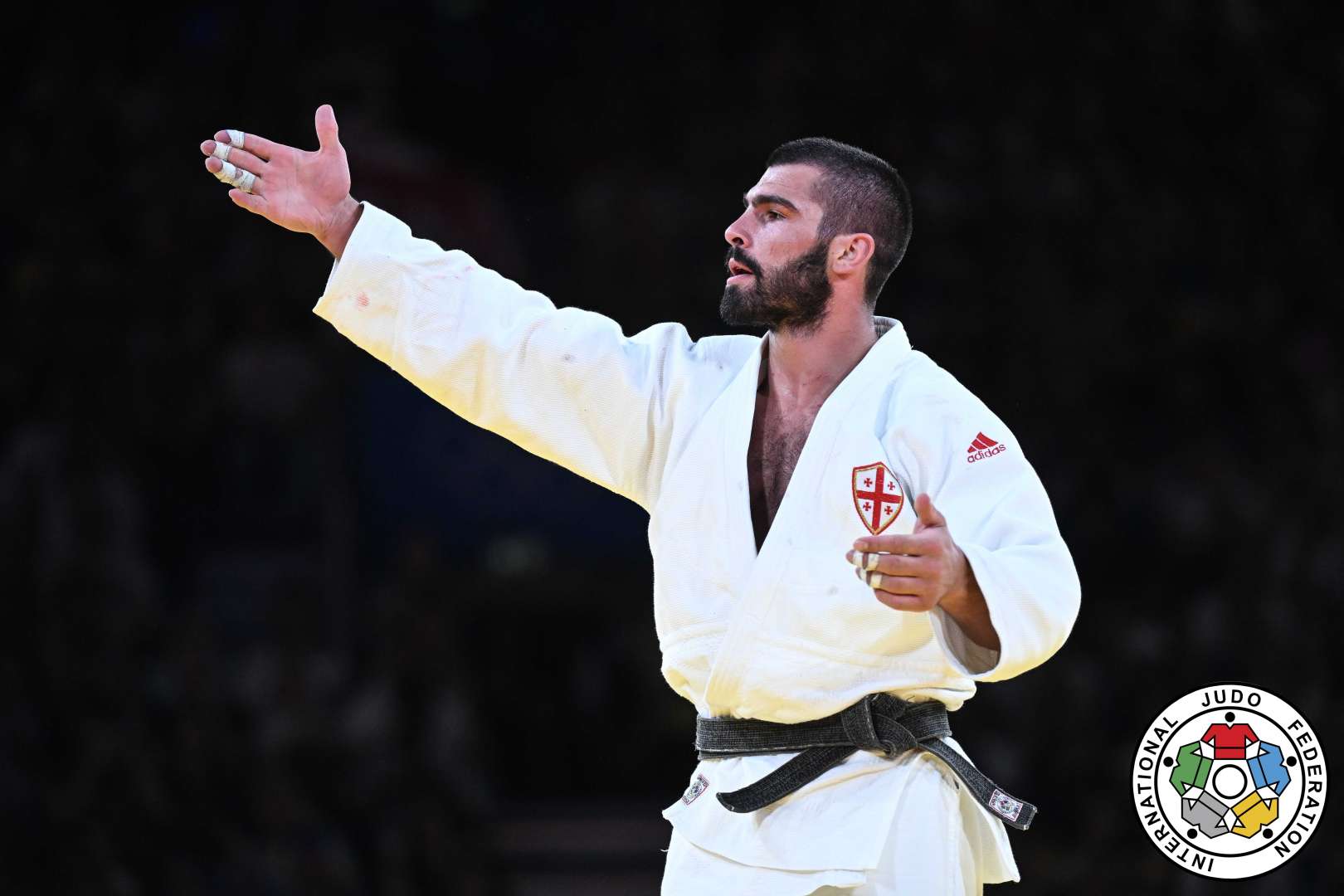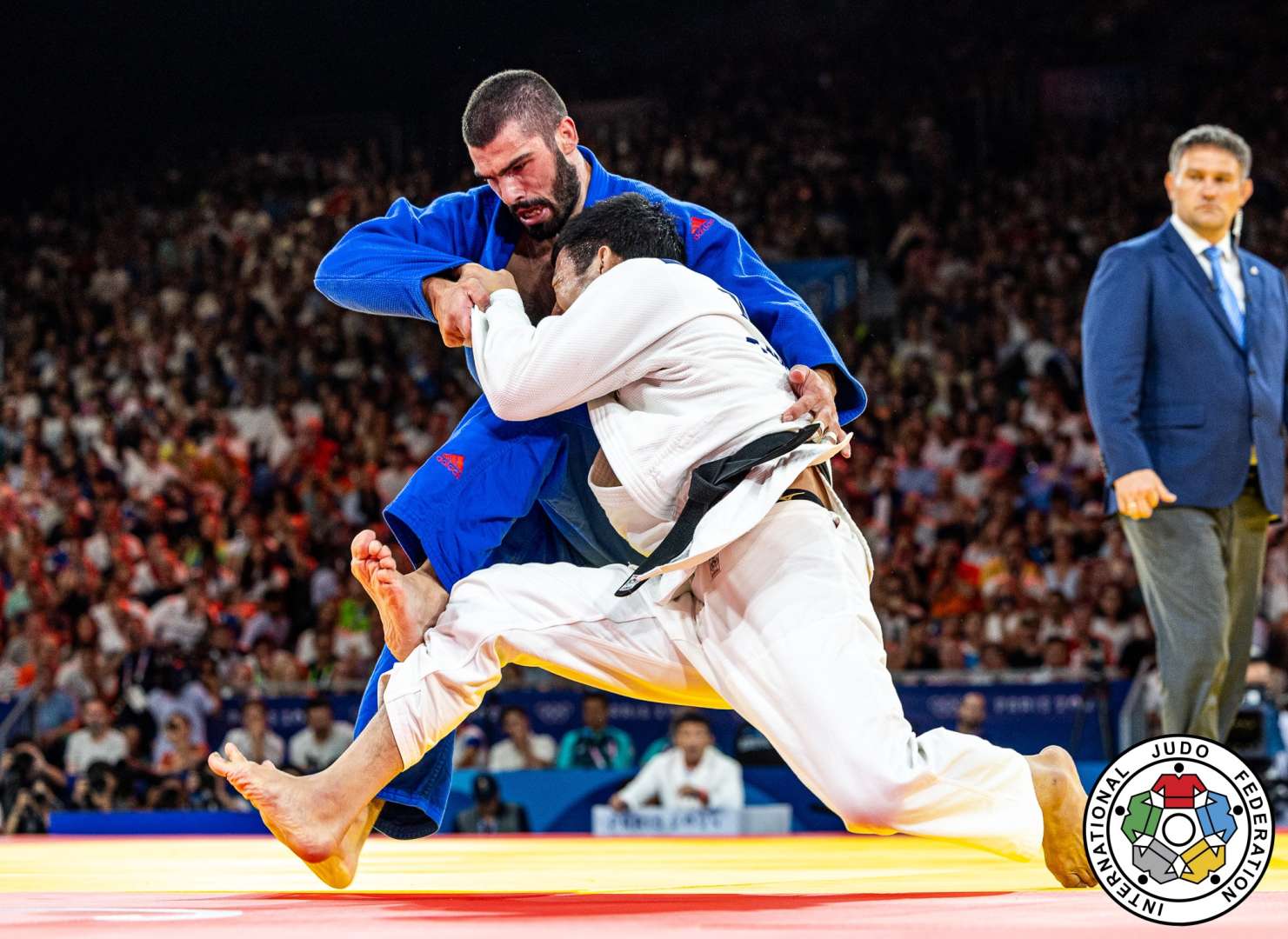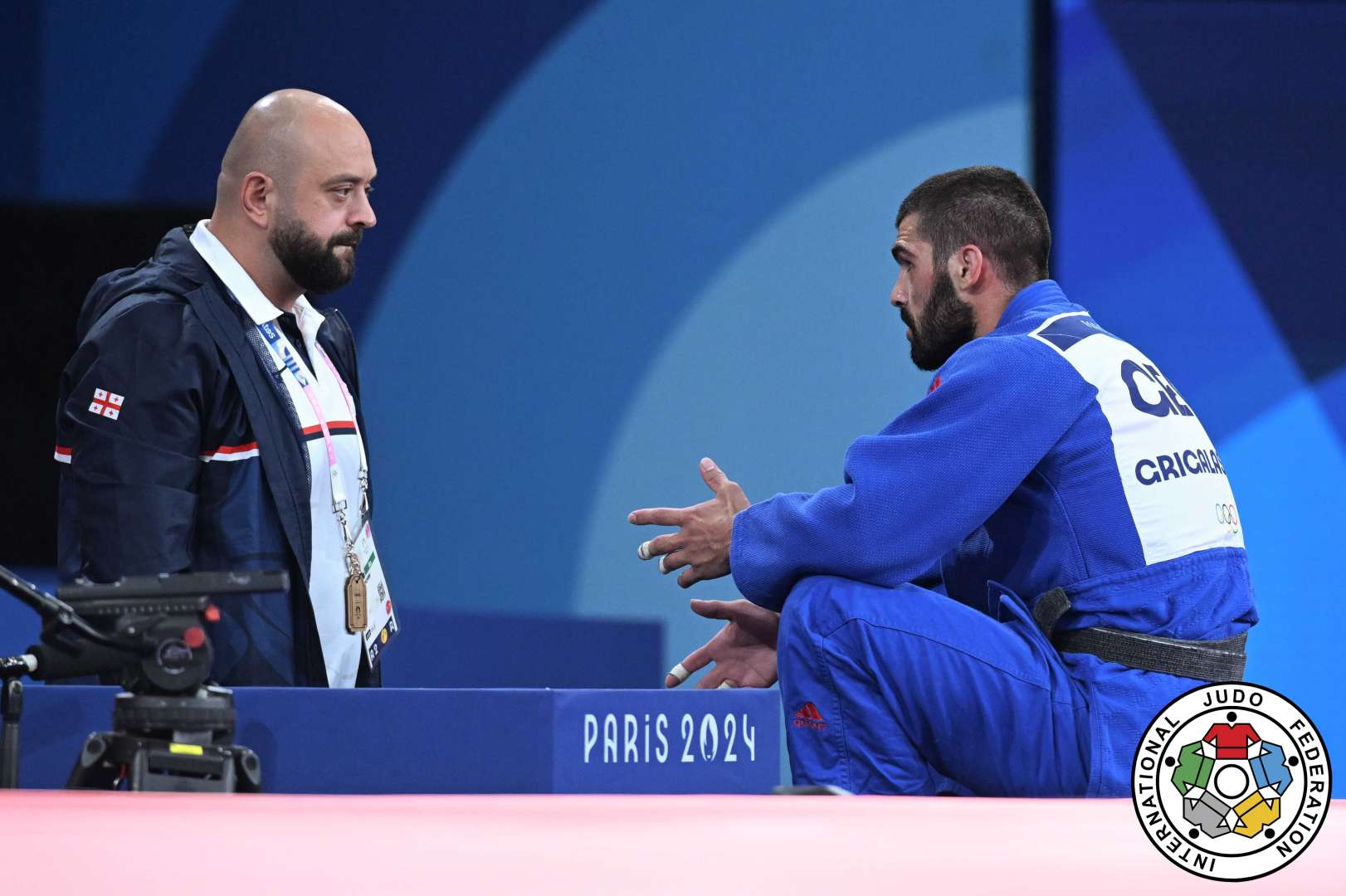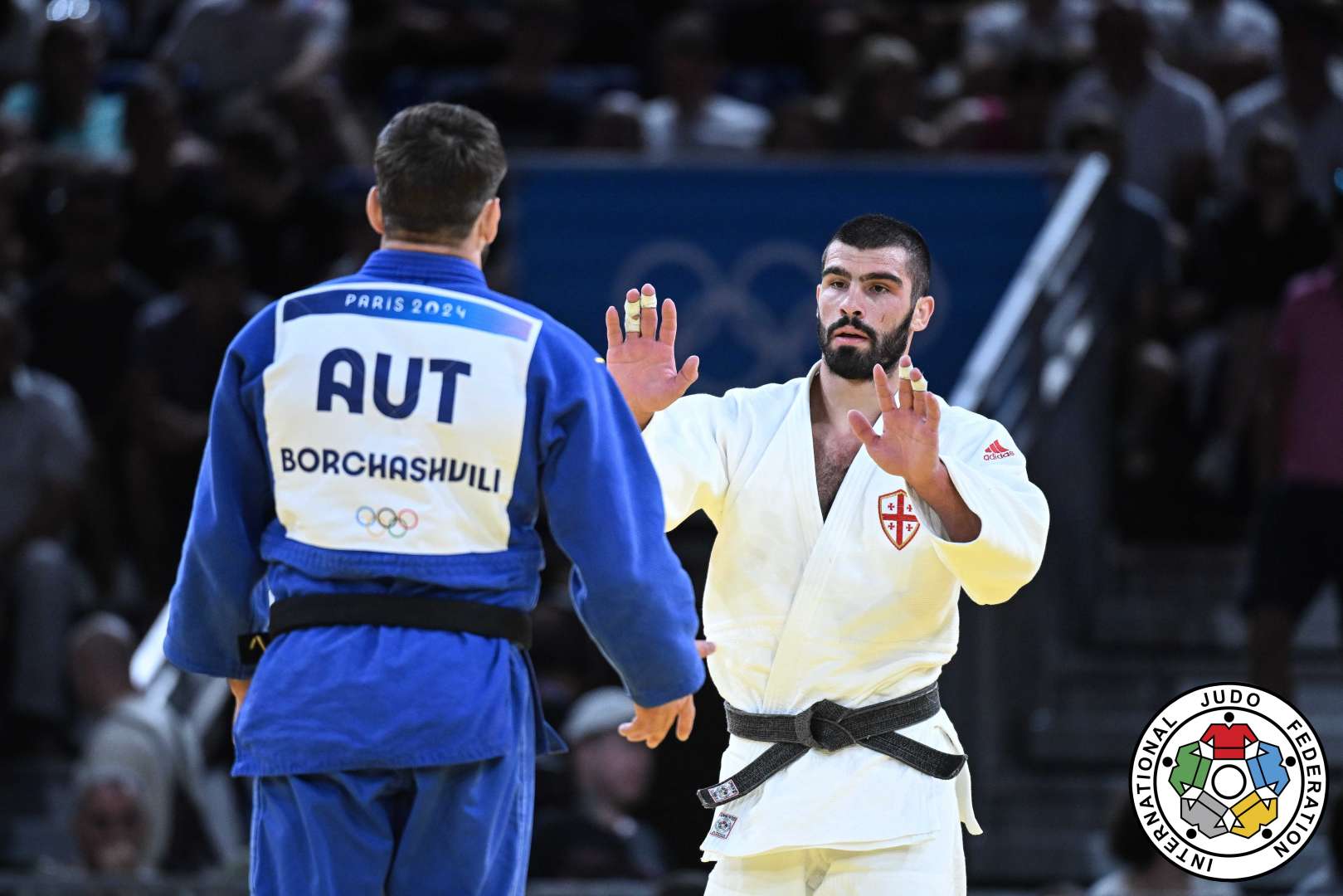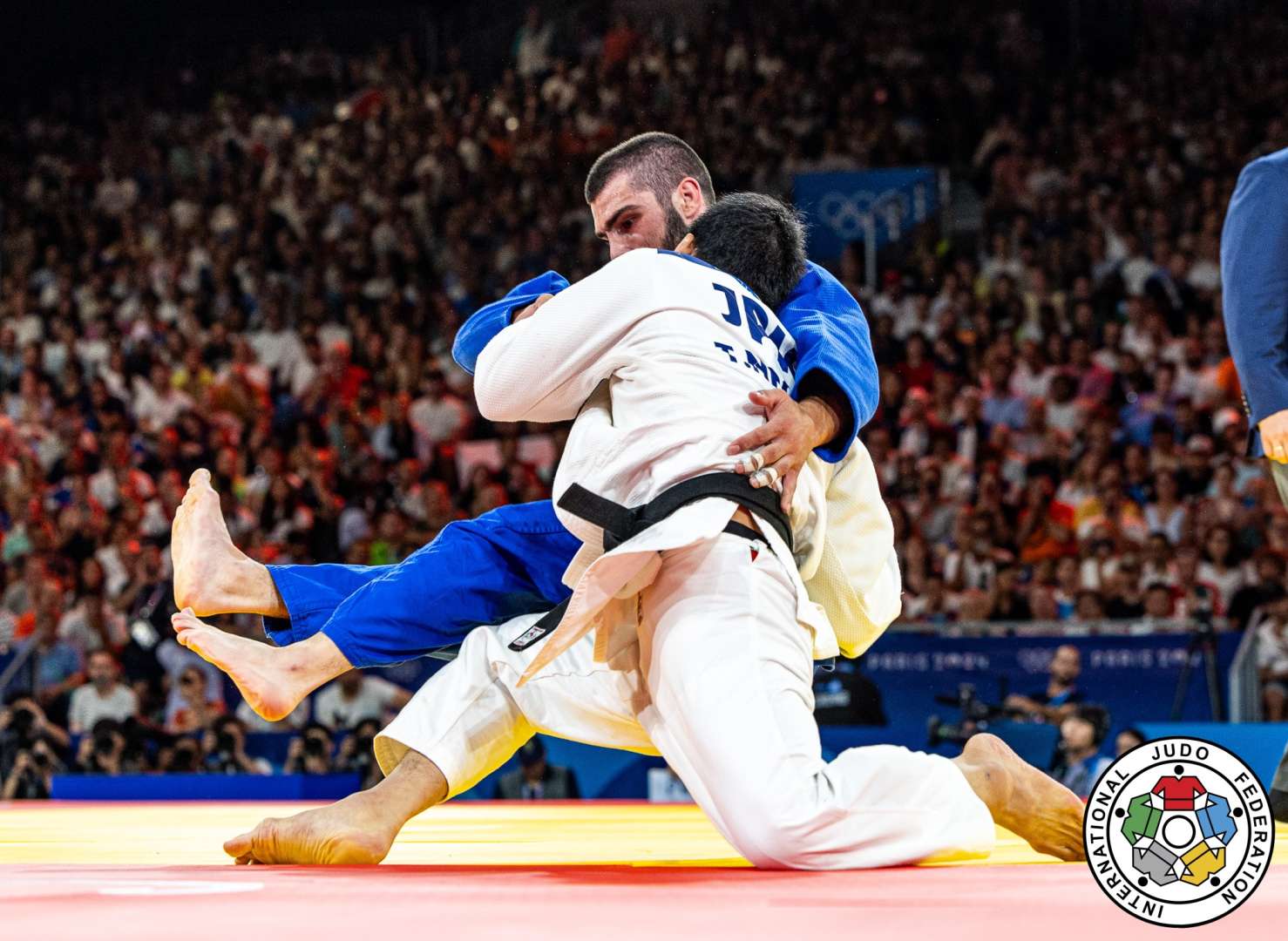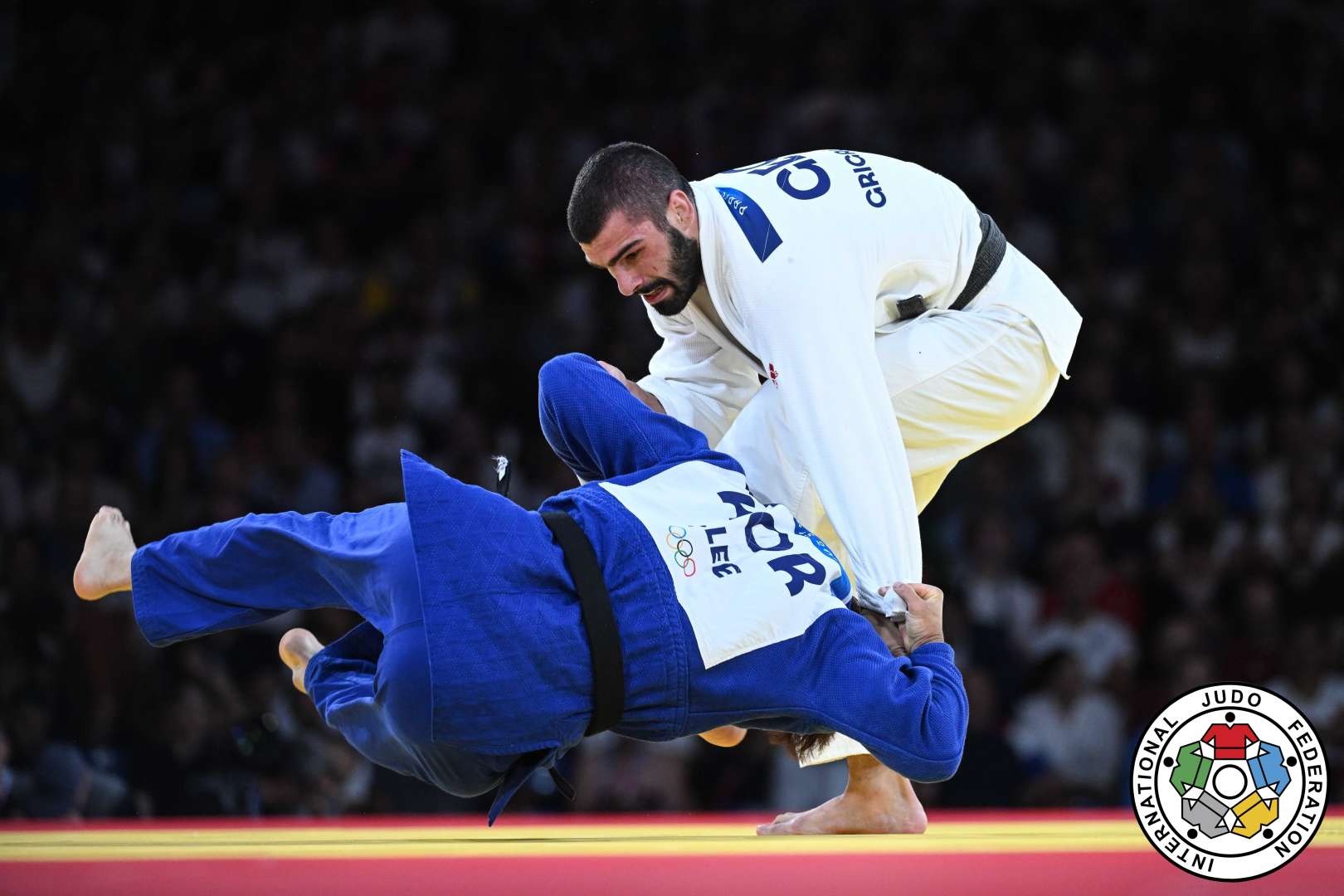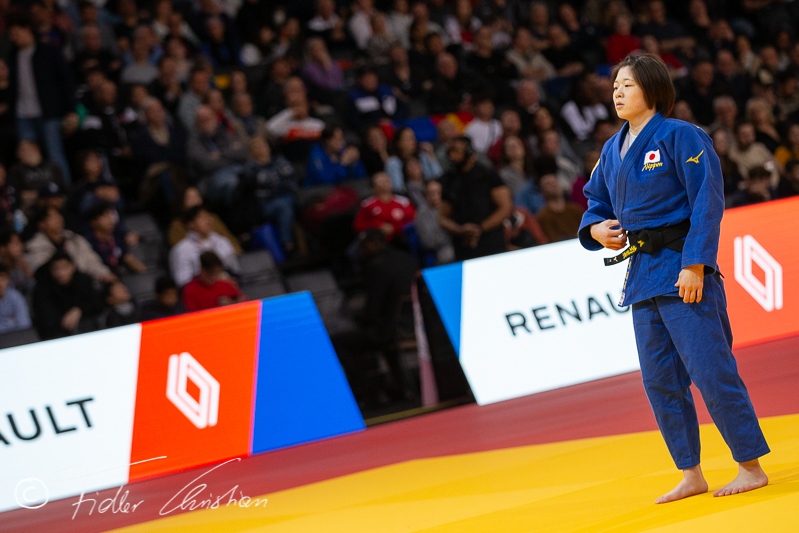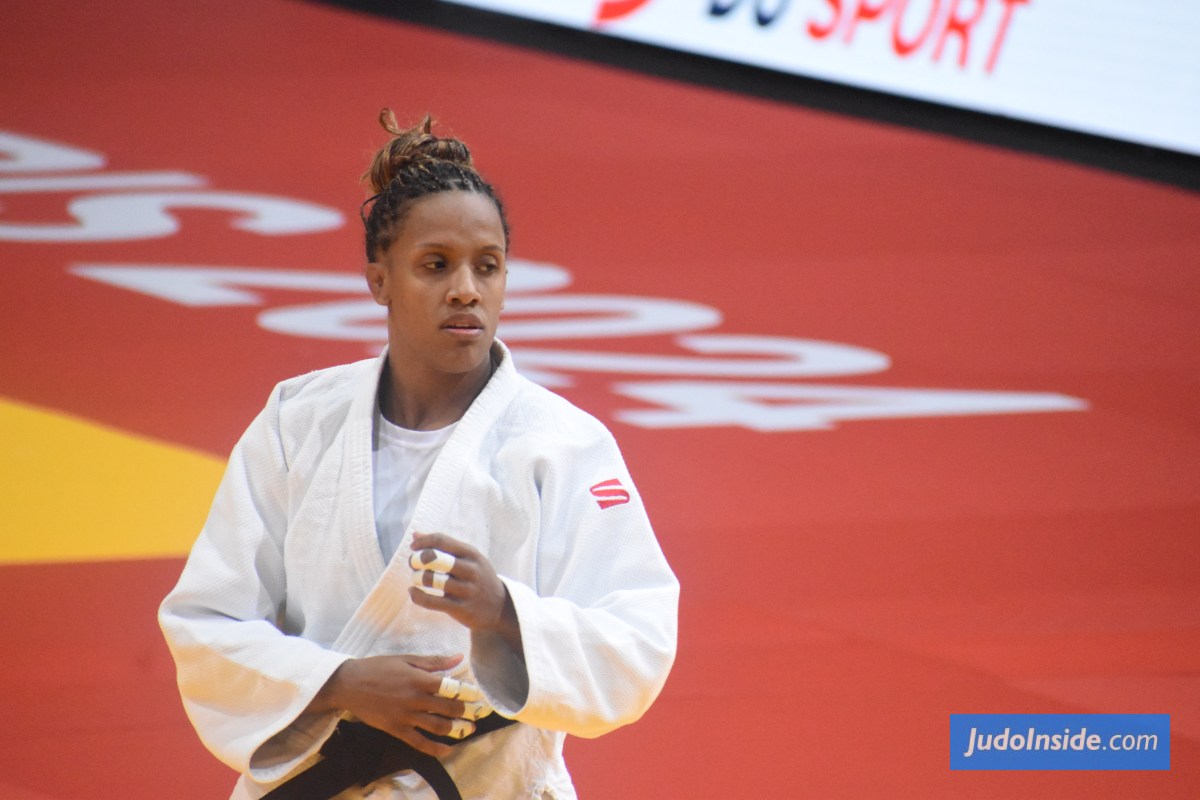Russian youngster Konkina shows promise for the table toppers in China
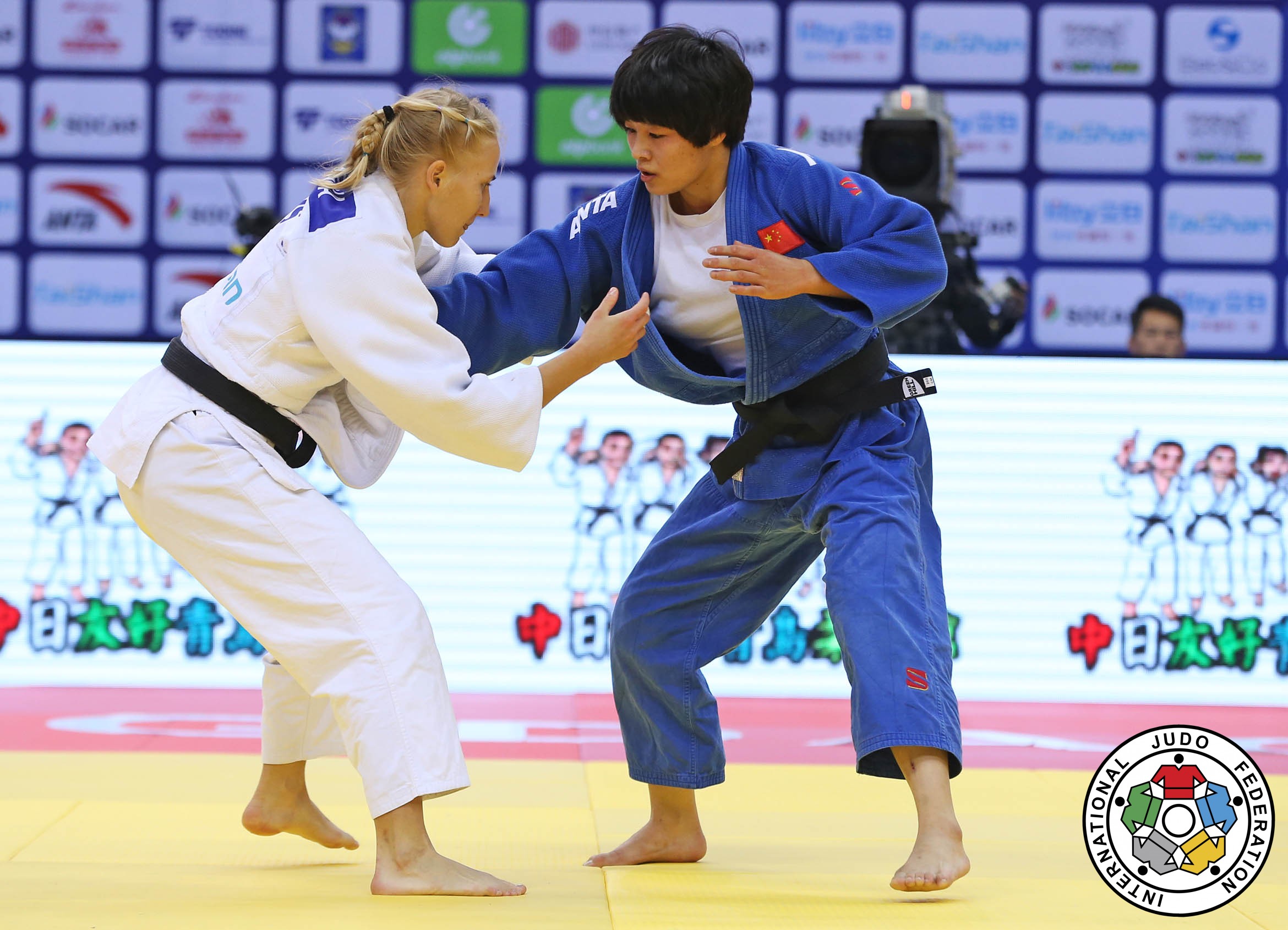
 18 Nov 2016 16:50
18 Nov 2016 16:50
 by Mark Pickering - IJF
by Mark Pickering - IJF
 IJF Gabriela Sabau / International Judo Federation
IJF Gabriela Sabau / International Judo Federation
Tashkent Grand Prix winner Anastasiia Konkina won back-to-back Grand Prix gold for the first time in her young career as she thwarted first time Grand Prix finalist Lin Yuanyuan (CHN). Konkina, 22, opposed Lin for the first time and took command of their final with a waza-ari from an uchi-mata before utilising the same technique for a match-winning waza-ari.
Lin was fighting on home soil on the IJF World Judo Tour for the third time and finally had a silver medal to show for her perseverance while Konkina showed that she has a bright future ahead of her on the road to Tokyo 2020.
In the first semi-final Konkina defeated 21-year-old former Junior Asian Championships winner Lee Hsin-Yun (TPE). Konkina submitted Lee with a juji-gatame having been a waza-ari in front as Russia made sure they would feature heavily in the final block. In the second semi-final Feng Xuemei (CHN), who has never fought outside of China, fell to colleague Lin Yuanyuan (CHN) who was competing at the Qingdao Grand Prix for the third time. Lin pinned down her countrywoman for 20 seconds and a place in the gold medal contest.
The first bronze medal was won by beaten semi-finalist Feng who saw off 27-year-old Li Xiandong (CHN) whose only previous IJF World Judo Tour competition was the World Championships in Rio de Janeiro in 2013. The contest was even at the end of regular time and LI was penalised in golden score for dropping to gift the contest to her teammate Feng who originally led with a ko-uchi-gake which was followed by a yuko from an osoto for Li. The second bronze medal was won by Asian Championships bronze medallist Yamamoto Anzu (JPN) who put on a clinic against Lee. The 22-year-old Japanese, who has been left out of her country’s team for the Tokyo Grand Slam in two weeks’ time, scored a yuko from a seoi-nage, a waza-ari from an ouchi-gari and completed a full house of score with ippon from a ko-uchi-gari.
 like
like
 share
share
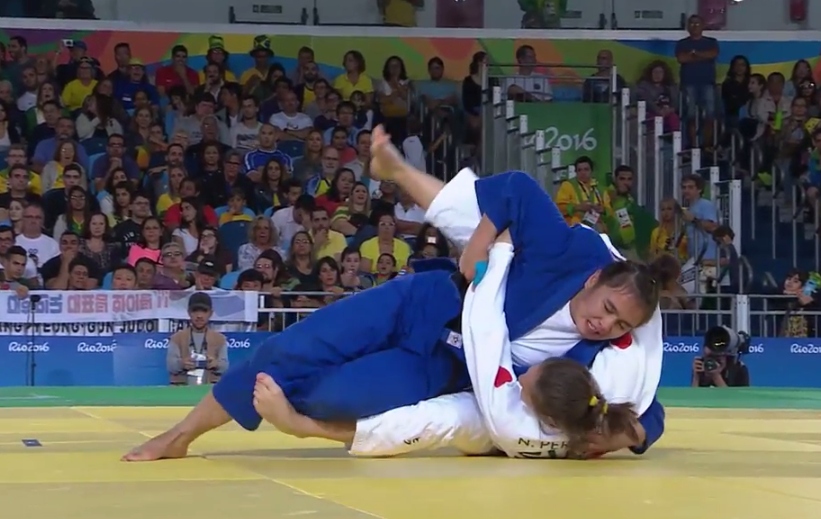
| Result | City | Date |
|---|---|---|
| 2 | Paris | 2024 |
| 1 | Abu Dhabi | 2024 |
| 1 | Zagreb | 2024 |
| 3 | Belgrade | 2023 |
| 2 | Montpellier | 2023 |





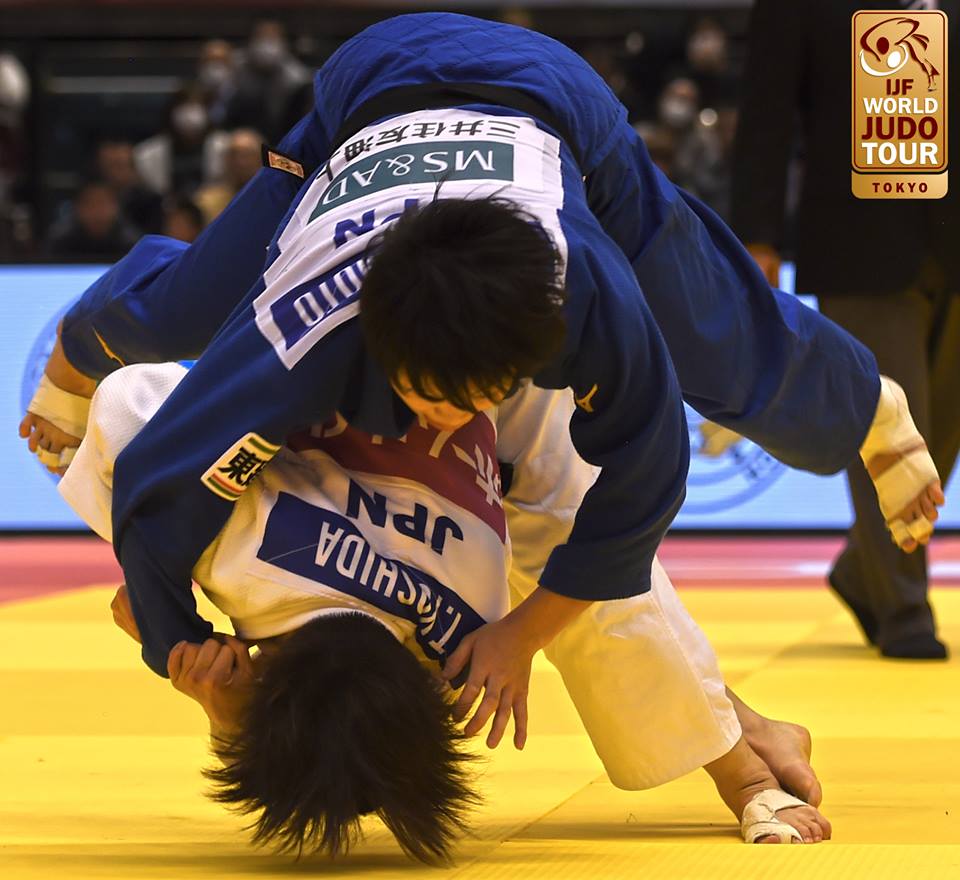
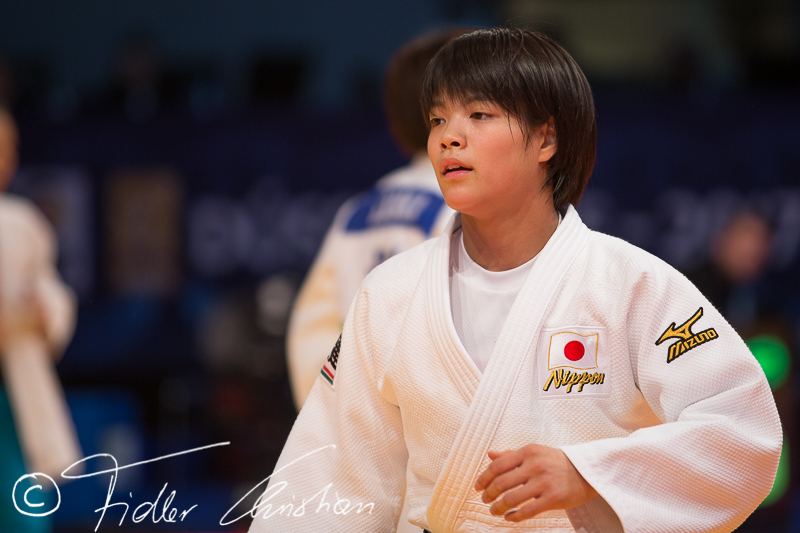

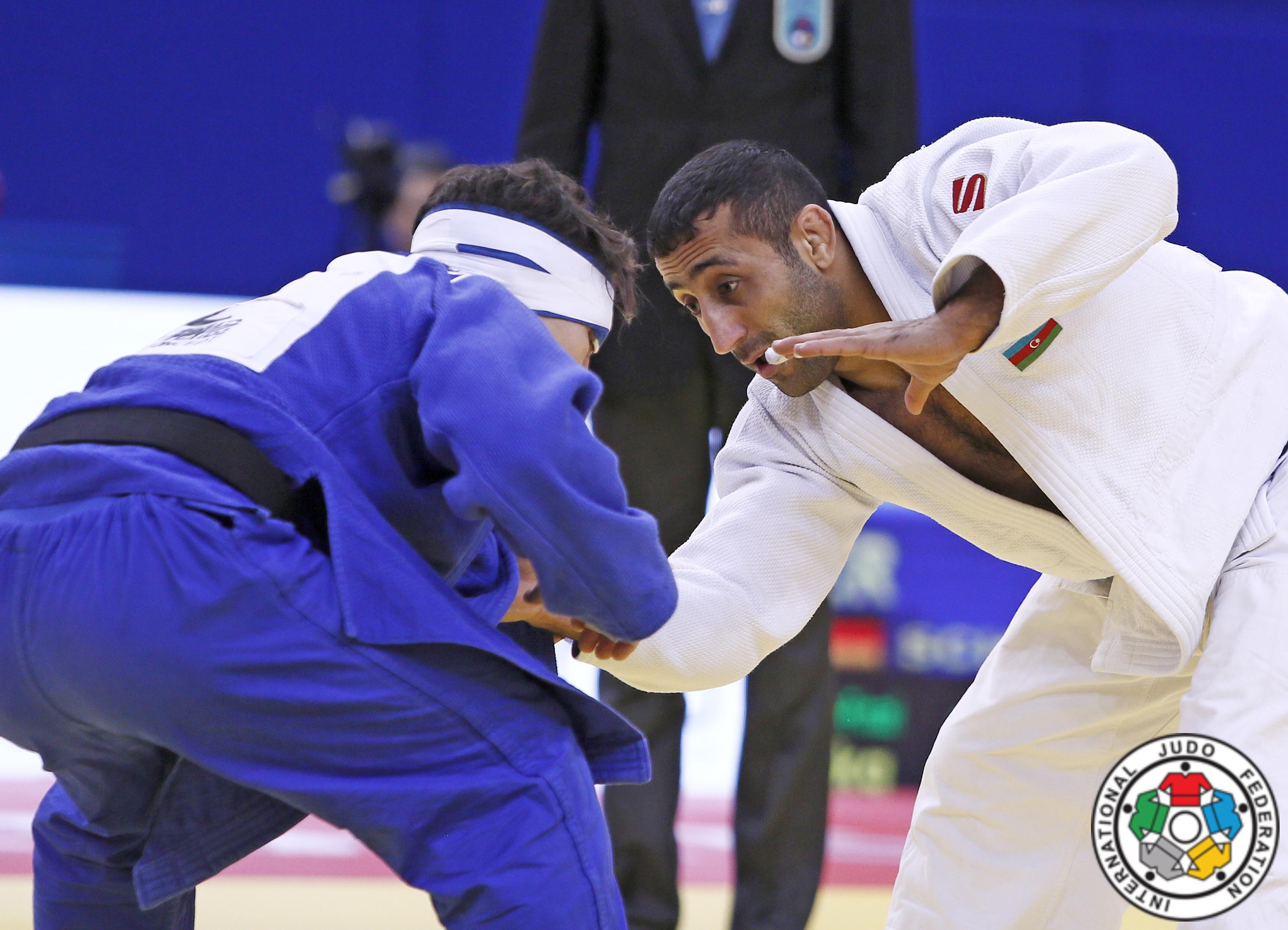
.jpg)

